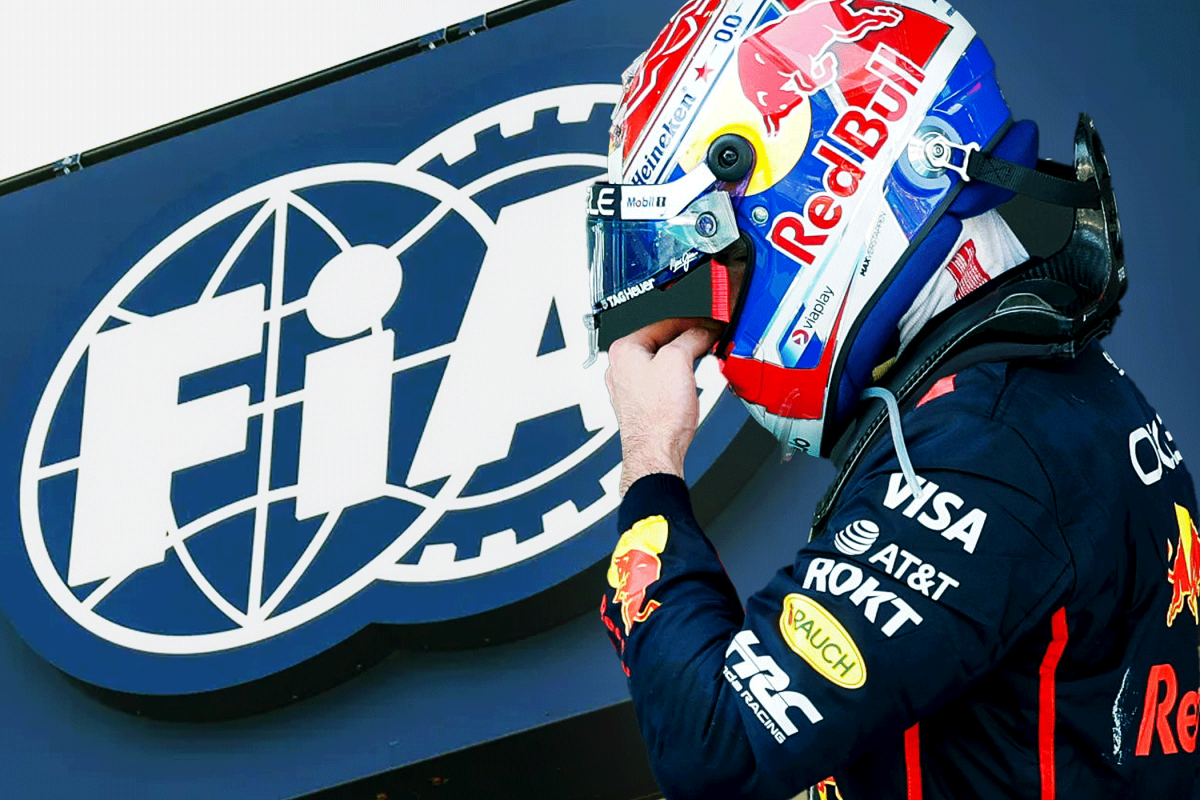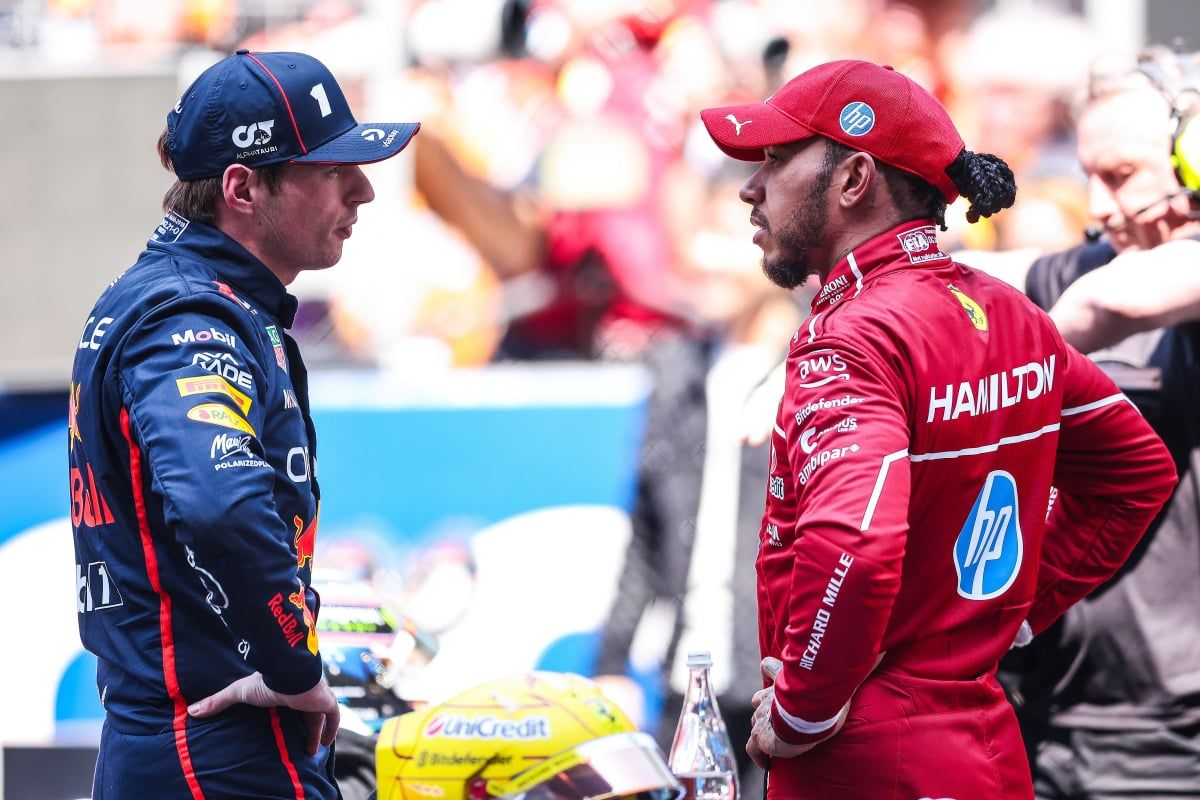F1 Race Bans: Verstappen on the Brink and the E…read more
Max Verstappen stands just one penalty point away from a race ban, with 11 points currently on his FIA Super Licence. Should he collect one more at either the Canadian or Austrian Grand Prix, he will be sidelined for a race — a rare punishment in Formula 1. While it may seem like a mark of disgrace for a four-time world champion, Verstappen wouldn’t be alone; several F1 legends have served race bans in the past. Eight drivers, from 1978 to the present, have received bans, most before the FIA introduced the current penalty points system in 2014.
Michael Schumacher (1994) is the most prominent name on the list. During the British Grand Prix, Schumacher overtook Damon Hill on the formation lap and ignored a five-second stop-go penalty after Benetton appealed. When Schumacher was shown the black flag — effectively a disqualification — he failed to respond properly, eventually serving the penalty rather than leaving the race. This led the FIA to issue a two-race ban. Despite the suspension, Schumacher still managed to win the 1994 World Championship.
Nigel Mansell (1989) received a one-race ban for ignoring a black flag at the Portuguese GP after reversing into his pit crew. Rather than exiting the race, he collided with Ayrton Senna, ending both their races. For this, Mansell was banned from the next race in Spain and fined $50,000.
Mika Hakkinen (1994) was initially handed a suspended ban for causing a crash with Rubens Barrichello at Silverstone. However, the following weekend at Hockenheim, Hakkinen triggered a massive first-corner crash, spinning across the field after contact with David Coulthard. The suspended ban was then enforced, and Hakkinen sat out a race.
Jacques Villeneuve (1997) was banned from the Japanese GP after failing to slow under yellow flags during practice — his fourth such offense. Williams appealed the ban, allowing him to race, but the FIA later rejected the appeal and stripped Villeneuve of his fifth-place points. Despite the penalty, he won the title that year.
Eddie Irvine (1994) holds the record for the longest race ban in this group — three races. During the Brazilian Grand Prix, Irvine triggered a four-car crash that saw Jos Verstappen’s car go airborne. The FIA handed Irvine a one-race ban, but after Jordan appealed, it was extended to three races, keeping him out of the Pacific, San Marino, and Monaco GPs.
Kevin Magnussen (2024) is the most recent driver to be banned under the current penalty points system. Accumulating 12 points within 12 months — the maximum allowed — led to a ban from the Azerbaijan GP. His final two points came from a collision with Pierre Gasly at the Italian GP. Rookie Ollie Bearman took his seat for Baku.
Romain Grosjean (2012) was handed a one-race ban after a dangerous move at Spa led to a first-lap crash involving Lewis Hamilton, Fernando Alonso, and others. Grosjean’s car launched into the air, and the FIA ruled him responsible, banning him from the Italian GP.
Riccardo Patrese (1978) was banned following a tragic crash at Monza that led to Ronnie Peterson’s death. After colliding with James Hunt, Peterson’s car was engulfed in a fire after hitting the barriers. Although initial blame fell on Patrese, he was later cleared. Still, driver pressure led to his exclusion from the following race in the U.S.
If Verstappen is banned, he would join this unusual club — one that includes legends who proved that even a race ban doesn’t necessarily prevent championship success.




